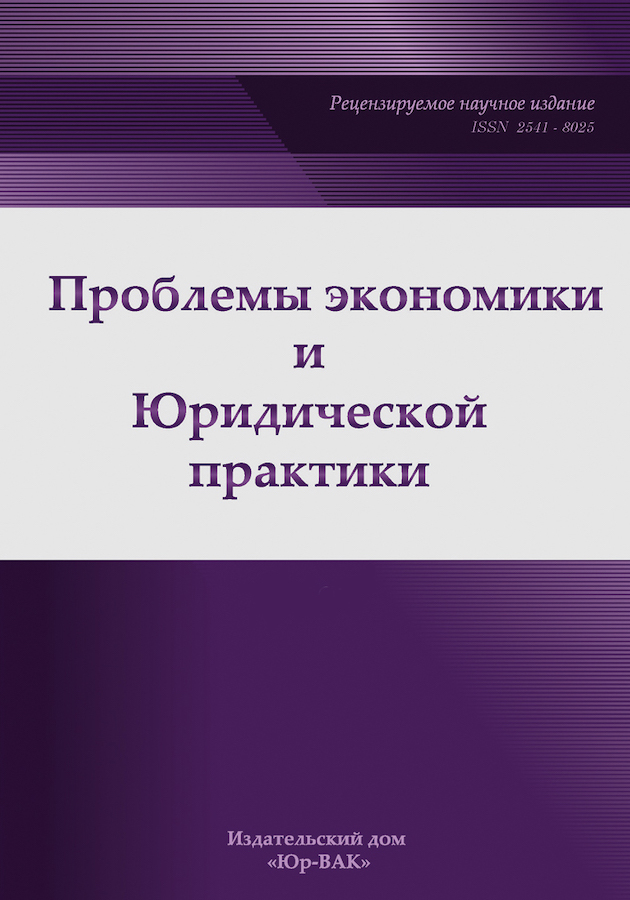Innovative forensic habitoscopy in the context of digitalization as a source of new evidentiary opportunities in the fight against crime (cybercrime)
- Authors: Lozinsky O.I.1
-
Affiliations:
- South Russian Institute of Management—Branch of the Russian Presidential Academy of National Economy of Public Administration
- Issue: Vol 19, No 5 (2023)
- Pages: 97-102
- Section: Criminal Law
- URL: https://journals.eco-vector.com/2541-8025/article/view/626975
- EDN: https://elibrary.ru/ODCZHK
- ID: 626975
Cite item
Abstract
The purpose of the study. The article analyzes the possibilities of innovative forensic habitoscopy in the context of digitalization as a source of new evidence in the fight against crime (cybercrime).
Conclusions. Forensic habitoscopy in the conditions of digitalization is not a static, well-established area of forensic activity (research area), but is in the process of dynamic development. Digitalization of all areas of public life, which is an inevitable consequence of progress, generates a side effect in the form of various forms of cybercrime, and innovative habitoscopy, using the possibilities of digitalization, develops and becomes one of the effective forms of countering crime (cybercrime).
Full Text
About the authors
Oleg I. Lozinsky
South Russian Institute of Management—Branch of the Russian Presidential Academy of National Economy of Public Administration
Author for correspondence.
Email: oleg.lozz@yandex.ru
SPIN-code: 3389-3371
Cand. Sci. (Law), Department of Procedural Law
Russian Federation, Rostov-on-DonReferences
- Barycheva A.A., Vinichenko A.S. Modern trends in the development of forensic human research // Scientific electronic journal «Academic journalism». 2022. No. 6-1. pp. 309–317.
- Davydov E.V. Forensic assessment of the signs of a person's appearance displayed on digital images // Forensic examination. 2019. No. 4 (40). pp. 99–105.
- Kalashnikova A.I., Khaidarshina N.M., Kosarev S.Yu. The current state and actual problems of forensic portrait examination // Actual problems of science and practice. 2021. № 4.
- Kulikov A.V., Shepet O.A. The identity of the terrorist: modern methods of determination // News of TulSU. Economic and legal sciences. 2022. Issue 4. pp. 27–33.
- Omarov Yu.A. Means of individualization of citizens // Actual problems of Russian law. 2018. No. 6. pp. 75–81.
- Senina Yu.E. Forensic habitoscopy as an important component in the investigation and disclosure of crimes // My professional career. 2020. Vol. 2. No. 10. pp. 97–104.
- Fedorovich V.Yu. Integration in habitoscopy // Bulletin of Economic security. Legal sciences. 2020. No. 2. pp. 218–221.
Supplementary files









